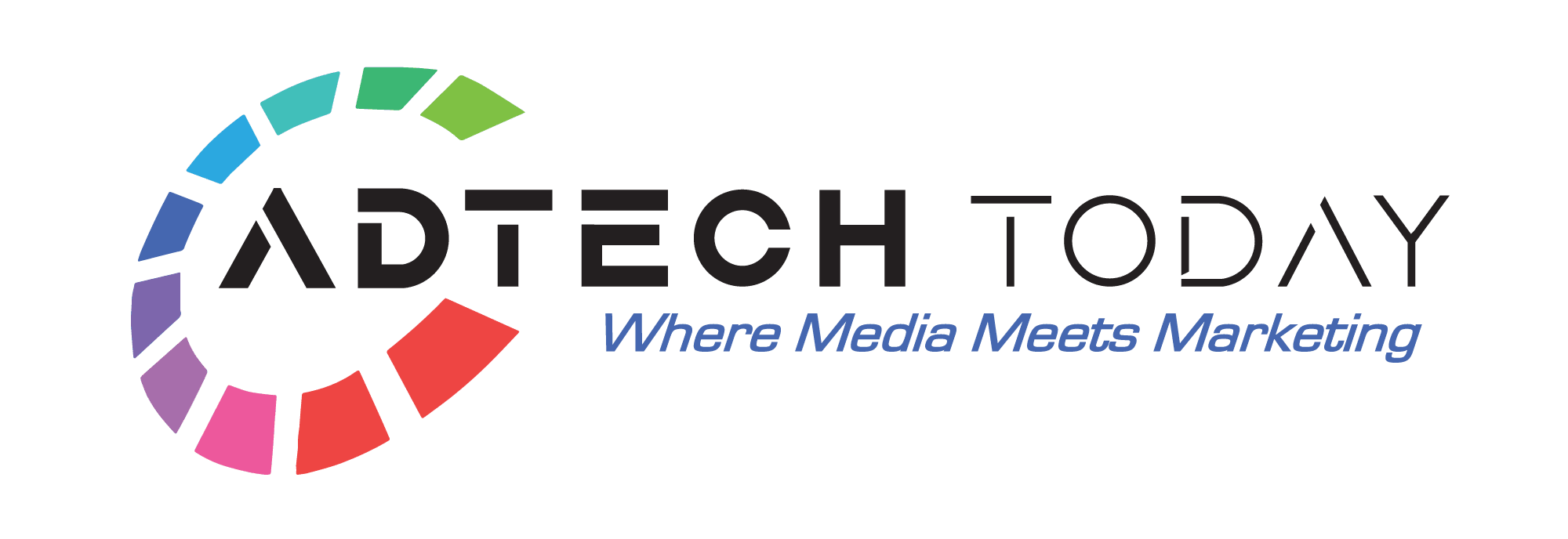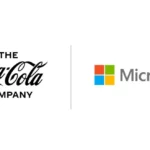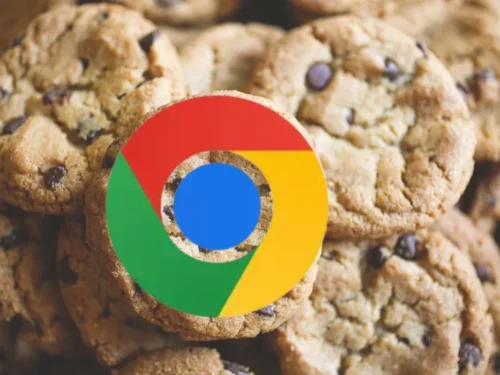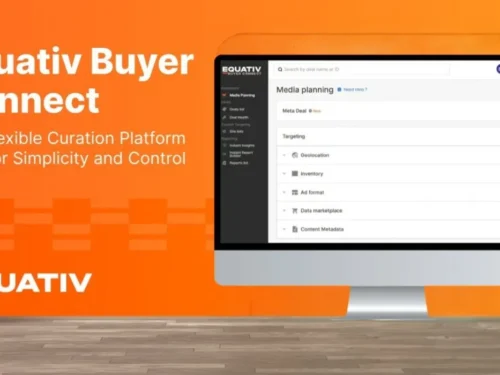Impact of Delay in Deprecation Of Cookies By Google On Adtech
Google delays the Cookiepocalypse but should not be taken as a time to pause!
Google announced a nearly two-year delay to Chrome’s deprecation of third-party cookies to increase user privacy in its blog post. As the original 2022 deadline approached, it became clear that more time is needed to thoughtfully design privacy-first solutions without sacrificing ad-funded web. In its updated timeline for Privacy Sandbox milestones, Google announced,
- It plans to develop a more rigorous process including extensive testing and deploy the Privacy Sandbox proposals across key areas, like admeasurement, targeting, and fraud detection. The goal is to deploy these by late 2022, scale adoption, and then phase out third-party cookies Chrome over three months in 2023 only after Privacy Sandbox Google has been fully tested and deployed.
- Google plans to conclude the origin trial of Federated Learning of Cohorts (FLoC) and incorporate feedback received in the first implementation in the future testing.
Is this announcement a relief for the adtech industry? Well, it is a much-needed reprieve for publishers, marketers, and the adtech industry. The adtech industry should not pause the move away from cookies but continue to search for third-party cookies alternatives. Marketers must continue first-party-based targeting, contextual advertising, and a transparent, privacy-friendly future.
In this blog, we take a deep dive to learn about first and third-party cookies and how does the delay affects the adtech industry.
What is a Cookie?
In simple terms, it is a packet of data in a form of a small text file that contains user information and activity stored within the browser or within a subfolder in the user’s device.
First and Third Party Cookies Explained
There are two types of cookies.
- First-party cookies are stored directly on the website like individual information. The information is never shared with other parties outside the website.
- Third-party cookies are set by a third-party server (adtech) using a code placed on the web domain. The data collected on third-party cookies are accessible on any website using the third-party server code. An advertiser can track users across the internet and target advertising wherever the user goes. They are mainly used for remarketing by advertisers.
Google and Third Party Cookies.
Why is Google doing away with third-party cookies?
Safari and Firefox had blocked third-party cookies settings and Apple claimed a competitive advantage by positioning itself as a privacy-first tech company. According to Pew Research Center, 72% of Americans worry that most of what they do online and on their cellphone is being tracked by companies and 81% believe the risks outweigh the benefits when it comes to collecting data. Google in the 2020 blog post wrote,
“Users are demanding greater privacy–including transparency, choice, and control over how their data is used–and it’s clear the web ecosystem needs to evolve to meet these increasing demands.”
Therefore, Google planned to phase out 3P cookies eventually to avoid any negative impact on the online advertising business.
Even though Google isn’t the first web browser to block third-party cookies but the biggest. Techadvisor reports that Google Chrome accounts for more than half of web traffic. As Statista reports in 2019, Google Chrome made up more than 56% of the web browser market.
How does third-party cookies death affect the ad business?
The death of third-party cookies will have a significant but limited impact on the digital ad business as Google moves a step forward for privacy. Google will collect data and use it to target ads. However, it won’t allow cookies to collect data and sell web ads targeted to individual users browsing activities. This means the raw data like clicks and conversions will be available but specific data points used by advertisers for targeting will be lost. Therefore, ad companies will have to find third-party cookie alternatives to target users.
Options For Ad Companies In The Post-Cookiepocolypse World
There are three major options for the companies to show relevant ads and measure the effectiveness of the campaign in the absence of third-party cookies.
- Google is championing technology developed through Privacy Sandbox-a browser-based tracking model. Federated Learning of Cohorts (FLoC) is an internet-based advertising technology where Chrome will track user’s browsing habits across the web and categorize them in various cohorts alongside audiences with similar interests. Advertisers will show ads to cohorts rather than individual users. The tech giant claims to expect its FLoC technology to be at least 95% as effective as cookie-based advertising — but ad-tech players still have concerns.
- Publishers and Brands are building their own models based on first-party data. Large-scale publishers like the New York Times, Vox Media, and others have already launched their own ad targeting systems based on first-party data.
- Some brands from the ad tech industry are developing identity-based tracking similar to cookies. The leading ad tech company Trade Desk has developed a prominent solution Unified ID 2.0 which has received support from ad tech companies and groups.
Why Has Google Decided To Delay The Deprecation Of Third Party Cookies?
The complexities of removing cookies and delay in implementation of its own Privacy Sandbox system that includes FLoC technology resulted in the delay of deprecation of third-party cookies.
Another reason to phase out by the end of 2023, is the regulatory scrutiny from both sides of the Atlantic. The UK Competitions and Markets Authority (CMA) investigation has raised concerns about whether the new cookie-replacing technology, which categorizes users into ‘cohorts’ is giving an unfair advantage to Google over its competitors. The CMA is investigating if this move by Google can result in advertisers shifting budgets into Google Ads. Vinay Goel, Privacy Engineering Director, Chrome, said:
“We plan to continue to work with the web community to create more private approaches to key areas, including ad measurement, delivering relevant ads and content, and fraud detection. Today, Chrome and others have offered more than 30 proposals, and four of those proposals are available in origin trials. For Chrome, specifically, our goal is to have the key technologies deployed by late 2022 for the developer community to start adopting them. Subject to our engagement with the United Kingdom’s Competition and Markets Authority (CMA) and in line with the commitments we have offered, Chrome could then phase out third-party cookies over a three-month period, starting in mid-2023 and ending in late 2023.”
Should Marketers Change Marketing Strategies Over the Delay?
In response to longer timescales, marketers should not get distracted from the larger context of the moment. The industry is gradually transitioning from opaque consumer data collection to privacy-focused and transparent solutions.
It is essential to understand that there is a delay and not a change in direction, hence stay focused to find authenticated solutions in parallel to cookie strategies through 2022. The next two years are crucial as it gives marketers and the adtech industry time and space to test, and iterate solutions to build consumer trust.
Marketers should continue future-proof targeting and measurement strategies, prepare a sustainable approach for a data deprecated future and invest in first-party data solutions to maximize revenue and personalization.
Expert Chime In On The Recent Change
Some expert opinions from across the adtech ecosystem as quoted by Exchange Wire.
- This news appears to have been met with a huge sigh of relief from the advertising industry, as well as Wall St where the share prices of major DSPs and SSPs saw big spikes. – Rob Hall, CEO, Playground XYZ
The ad tech social sphere was immediately alight with commentary, with a lot of people in the industry proclaiming how nice it was to have more time to work on solutions. But I feel they’re all missing the point: we need to depart from the reliance on third-party cookies as soon as possible because consumers have made their position crystal clear: they don’t want to be tracked around the internet. The fact that Google has delayed these changes due to the ad industry not being ready shouldn’t be met with relief. It should be met with a humble acknowledgment that, if you’re still reliant on third-party cookies, you’re increasingly behind the times. This delay isn’t a lucky break. It’s a stay of execution.
We need to re-shape advertising to not be so reliant on following people around the internet and instead use techniques that reach consumers – on their terms. We think the future of advertising is cookie-less and, largely, identity-free. Consumers have already made it clear that this is what they want, not in two or three years’ time, but today. So, yes, you could keep using third-party cookies for a little while longer. But just because you can, doesn’t mean you should.
- The future is still coming – Kevin Joyner, Director of Data Solutions, Croud
Don’t let Google’s announcement lull you into a false sense of security. Google has not paused the GDPR. Safari and Firefox still exist and have the same significant user base. Mobile and therefore iOS isn’t any less important. Digital attribution is still flawed and unreliable on its own. Automation is still leveling the advertising playing field, and so you still need to activate first-party data to continue to compete. All your “cookieless” plans are still needed, and the future is still coming.
Final Words
Privacy is one of the major concerns on the internet for users. Therefore, the need of the hour is to build an infrastructure based on first-party data. The delay in deprecation of third-party cookies will help to build an advertising ecosystem upon which brands, marketers, and publishers can depend. Now, all eyes are on Google who is working on building a privacy-focused advertising platform. Getting right is crucial as the significance of digital marketing is growing and a longer timeline will help to develop multiple solution approaches.
Author Profile

- Neha Mehta
- Neha started her journey as a financial professional but soon realized her passion for writing and is now living her dreams as a content writer. Her goal is to enlighten the audience on various topics through her writing and in-depth research. She is geeky and friendly. When not busy writing, she is spending time with her little one or travelling.
Latest Posts
 MarketingApril 24, 2024Coca-Cola and Microsoft Partner on Cloud and AI
MarketingApril 24, 2024Coca-Cola and Microsoft Partner on Cloud and AI Interview and Guest PostApril 19, 2024Insights from Publicis Amir Zeitouni: Navigating UAE’s Communication Landscape
Interview and Guest PostApril 19, 2024Insights from Publicis Amir Zeitouni: Navigating UAE’s Communication Landscape Interview and Guest PostApril 5, 2024Vice Media’s Rafael Lavor: Shaping Media Strategy for Tomorrow’s Audience
Interview and Guest PostApril 5, 2024Vice Media’s Rafael Lavor: Shaping Media Strategy for Tomorrow’s Audience MarketingMarch 30, 2024Disney+ Unveils New Logo and Welcomes Hulu Integration
MarketingMarch 30, 2024Disney+ Unveils New Logo and Welcomes Hulu Integration









